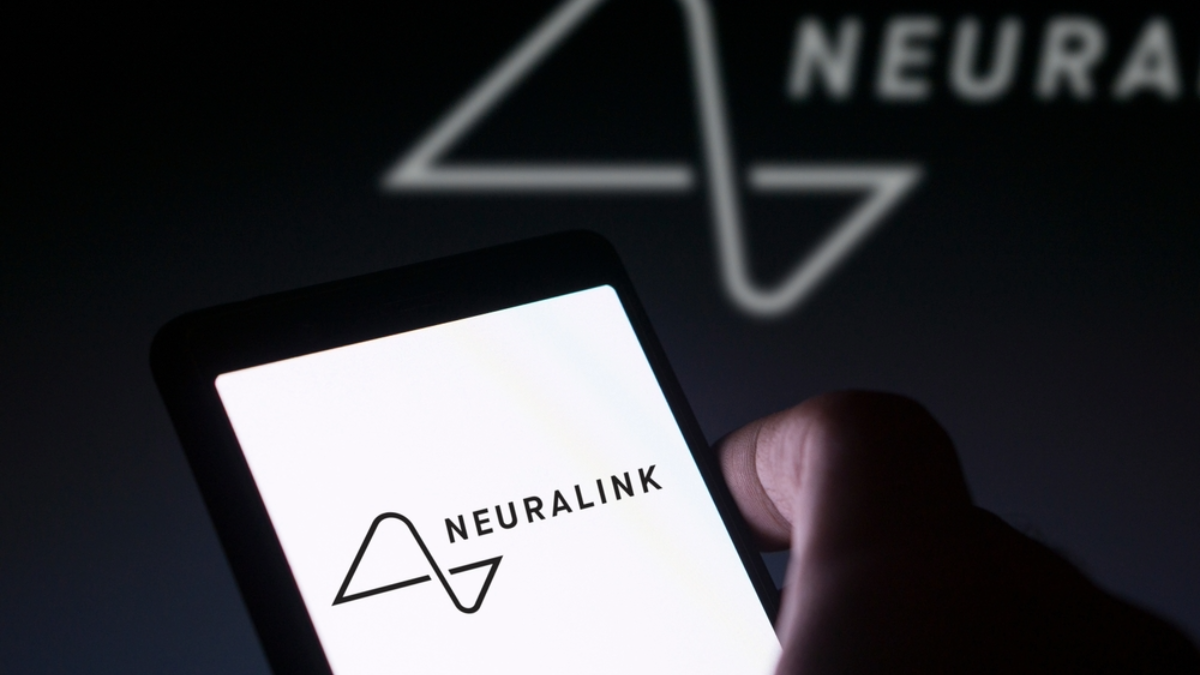Brain Privacy Rights Are Not Enough—Neurotech Calls for Strengthening Freedom of Thought
José M. Muñoz / Jul 15, 2024
The logo of Neuralink, Elon Musk's neurotechnology company. Shutterstock
Data is commonly regarded as “the oil of our century.” If this is true, then brain data is the most valuable crude oil imaginable. That is why, if we want to retain ownership of what happens in our minds, we will need to expand the scope of the right to freedom of thought.
Various gadgets, ranging from the hands-free operation of electronic devices to headbands that aid meditation, are being developed by Elon Musk’s Neuralink and many other neurotech companies. The effectiveness of these gadgets relies heavily on the collection of vast amounts of brain data, which is often then shared or sold to third parties. The lack of regulation in this burgeoning market poses a high imminent risk. In April of this year, Colorado passed an unprecedented bill to protect the privacy of brain data, and California lawmakers did the same in May. But the US generally is already behind; last year, Chile’s Supreme Court issued the world’s first ruling to protect brain data collected by a consumer neurotechnology device. I know the case well, having prepared an amicus brief for it.
I also know that these first steps will not be enough in the long run. Just as crude oil becomes more profitable when refined, processing and analyzing raw brain data can yield valuable, highly sensitive information about your mental life. For example, your brain data can be used to identify you, even if collected anonymously, simply by processing them alongside social media pictures of your face. Moreover, so-called brain decoding uses sophisticated algorithms to infer language, images, dreams, or intentions from data generated by neural activity. Even your political ideology could be revealed from your brain scans.
It is not difficult to imagine what a totalitarian regime or ruler might do with such sensitive information extracted from potential opponents and critics. Or even worse, from children: the Chinese government’s pilot initiative to use electroencephalography devices to track the attention levels of primary school children should serve as a clear warning. As the challenges posed by neurotechnology continue to grow, it is therefore imperative and urgent to update the scope of the fundamental right to freedom of thought without prejudice to other regulatory measures.
In Western democracies, we often take this right for granted. The US Constitution, for instance, guarantees freedom of thought (though not explicitly) through the First Amendment’s freedoms of assembly, petition, press, religion, and speech. In international declarations, it is linked to freedom of expression in Article 13 of the American Convention on Human Rights and to freedom of conscience and religion in Article 18 of the Universal Declaration of Human Rights. But these all refer to external manifestations of what we think, not our internal thinking. By interfering with the very biological basis of our thought processes, neurotechnologies—in the wrong hands—have the potential to seize and manipulate our opinions and beliefs, even if they never leave our mouths. This is why national governments and global conventions need to safeguard thought proper, an expanded version of the right to freedom of thought that is sometimes called cognitive liberty.
Some argue that rewriting the foundations of human and fundamental rights law is an unnecessary task or that reforming privacy policies to cover brain data, as California and Colorado have done, is sufficient. (These states updated their privacy acts to deem such data “sensitive.”) However, privacy is a relative right—that is, it can be violated in the pursuit of collective interests. Consider, for example, how useful it would be to record the fatigue parameters of a bus driver using an electroencephalography headset. On the other hand, no common interest would justify examining that driver’s collected brain data to learn about their political orientation, religious beliefs, or values. That is why we need an absolute, inviolable right to freedom of thought.
Several countries and regional organizations are reforming the framework of fundamental rights in light of neurotechnologies. Chile has promoted a constitutional amendment to safeguard “the integrity and mental indemnity of the brain,” and Mexico and Brazil are moving forward with similar reforms of their respective constitutions. The Organization of American States has developed a Declaration of Principles “to link advances in neuroscience and neurotechnologies to protection measures in the area of human rights.” Going even further, the United Nations—UNESCO and the Human Rights Council—is devoting significant efforts this year to analyzing the ethical and legal implications of neurotechnologies. It is time for this organization to establish guidelines for making the most of these technologies and protecting against their misuse. Safeguarding thought proper should be a priority within these guidelines.
Since the beginning of humanity, our personal, social, and legal relationships have been based on actions, not prior thoughts, but as neurotechnologies become more sophisticated, they can be used in the wrong hands to refine the crude from the oil wells in our heads. By no means should we allow the economic charms of this precious crude to lead us into a kind of neuro-surveillance capitalism society.
“Emancipate yourselves from mental slavery. None but ourselves can free our mind,” goes Bob Marley’s immortal Redemption Song. If we do not put the necessary regulations in place, we will soon glimpse new forms of oppression before us—or, rather, within us. It is time to protect our thinking.
Authors
